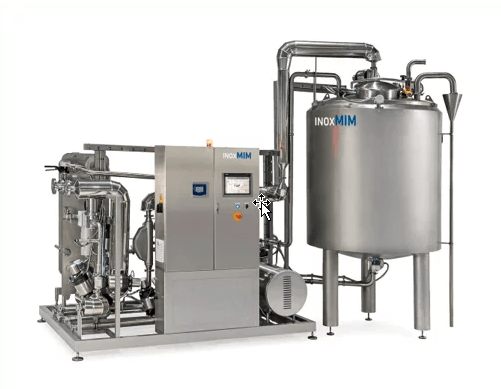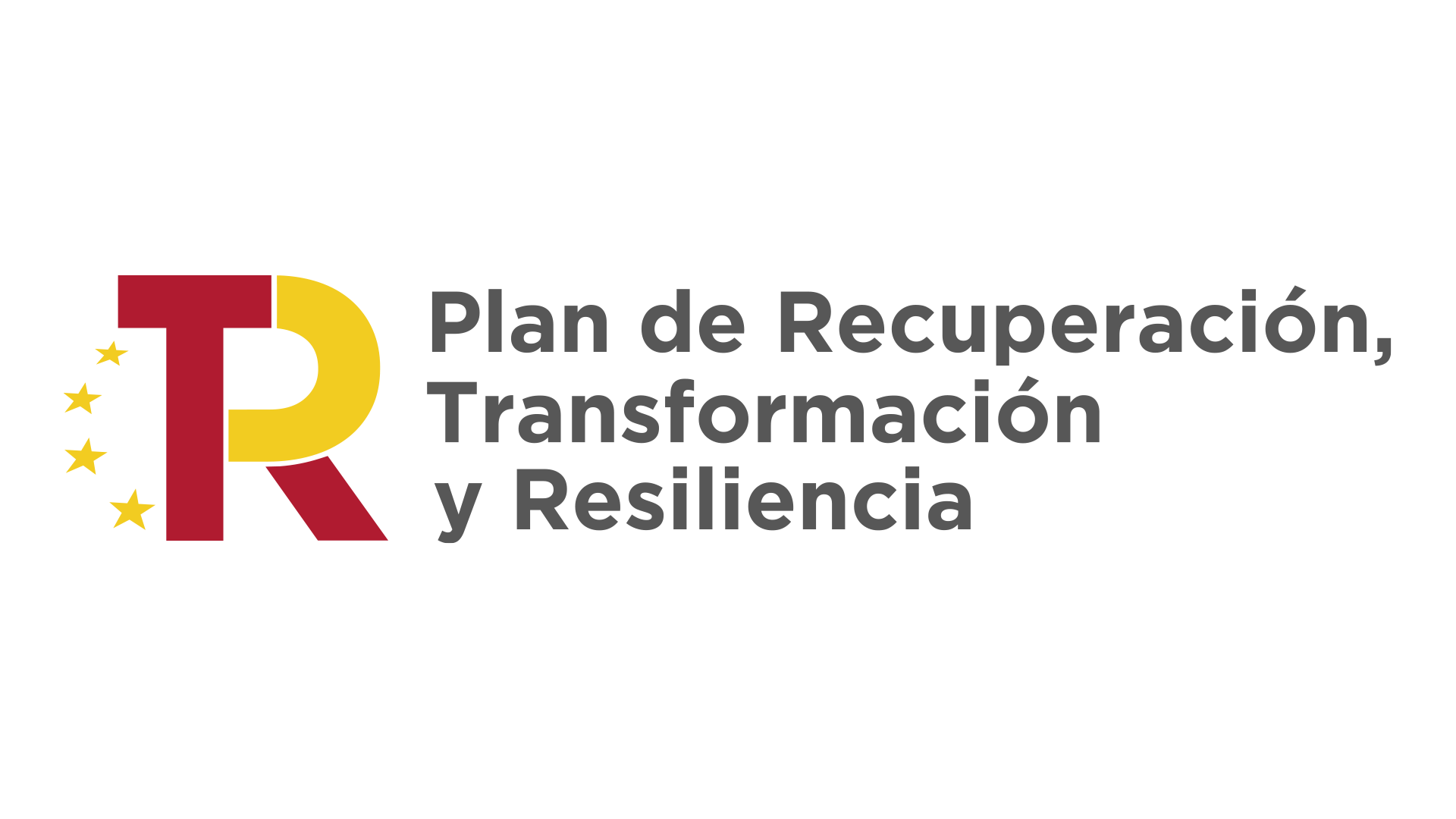Why is dairy product pasteurisation so important?
In the pasteurisation process, the milk is subjected to a temperature ranging between 70º and 95ºC, for a few seconds, to eliminate any pathogens that could cause consumer health issues. The temperature, the mechanics and the time vary significantly depending on what needs processing.
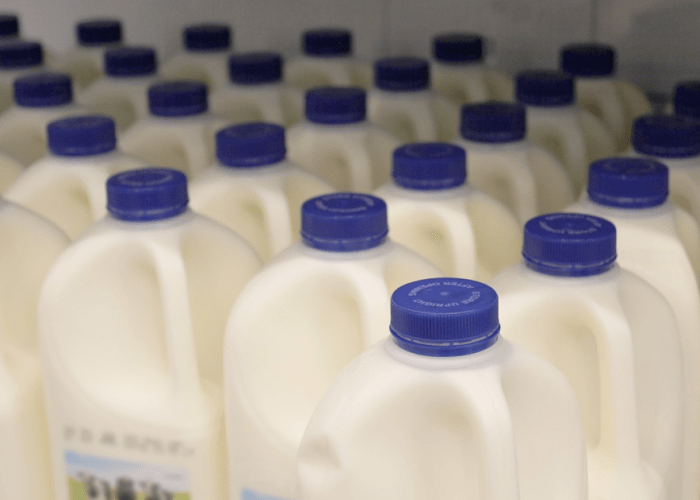
Milk pasteurisation: powder, cream or cheese making
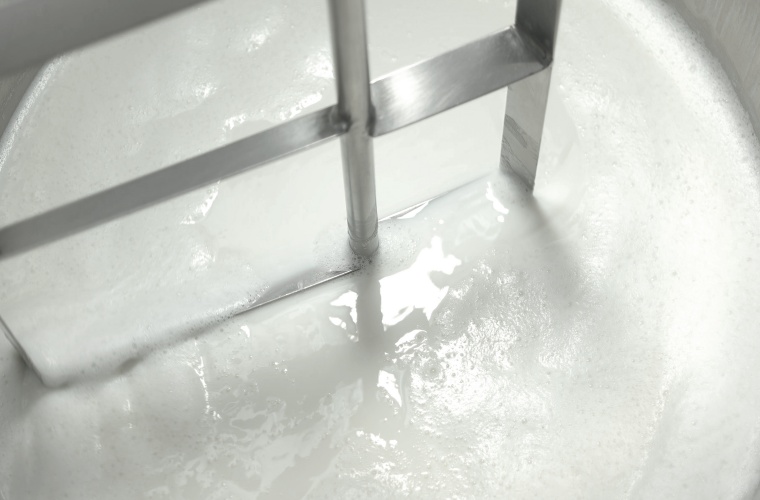
For single cream, the pasteurisation process must be carried out at 95ºC for 20 seconds, after which it must be subjected to a rapid cooling process at 65ºC.
In order to correctly skim the milk, it must be subjected to 95ºC for 15 or 20 seconds, and then subsequently cooled down to 21ºC.
These conditions expose the cream to a high temperature, with the aim of eliminating the lipases, which are responsible for leaving a rancid aftertaste.
For the pasteurisation of powdered milk, the temperature and time of treatment vary significantly:
If we want to pasteurise skimmed milk, it must be heated to 88ºC for 3 minutes. In the case of the more fatty milk, it should be heated a little more, up to 90ºC, also for 3 minutes.
This ensures lipases are eliminated and the bacterial flora in the milk is significantly reduced.
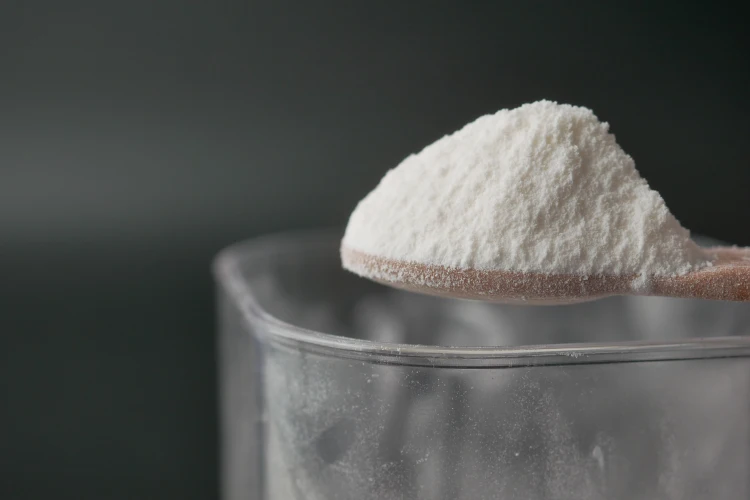
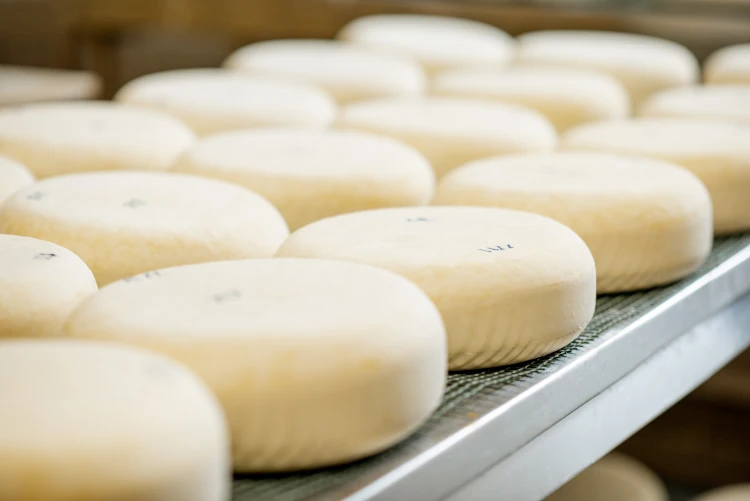
For cheeses, the milk pasteurisation process also changes slightly. There are two different types of treatment depending on what you are looking for: a quick treatment where you increase the temperature of the milk to 70ºC for 15 or 20 seconds, or a slow one, where the temperature is lowered to 65ºC for 30 minutes.
If the milk is subjected to higher temperatures, calcium precipitates and is converted into calcium triphosphate. This will most likely lead to incorrect coagulation which will directly affect the cheese production.
Machinery for the dairy industry: contact InoxMIM if you have any questions
At InoxMIM, we are experts in machinery for the dairy industry, and we are here to help you and resolve any doubts you may have regarding milk pasteurisation.
One of our specialities is the manufacture and design of special machinery for pasteurised food industrial production using the HTST-HIGH Temperature Short Time system.
We can also design fully automated production facilities for the dairy sector and its by-products, such as yoghurts, creams, cheeses, smoothies, or desserts. If you want us to take a look at your requirements and optimise your industrial production line… don’t hesitate to call us!
